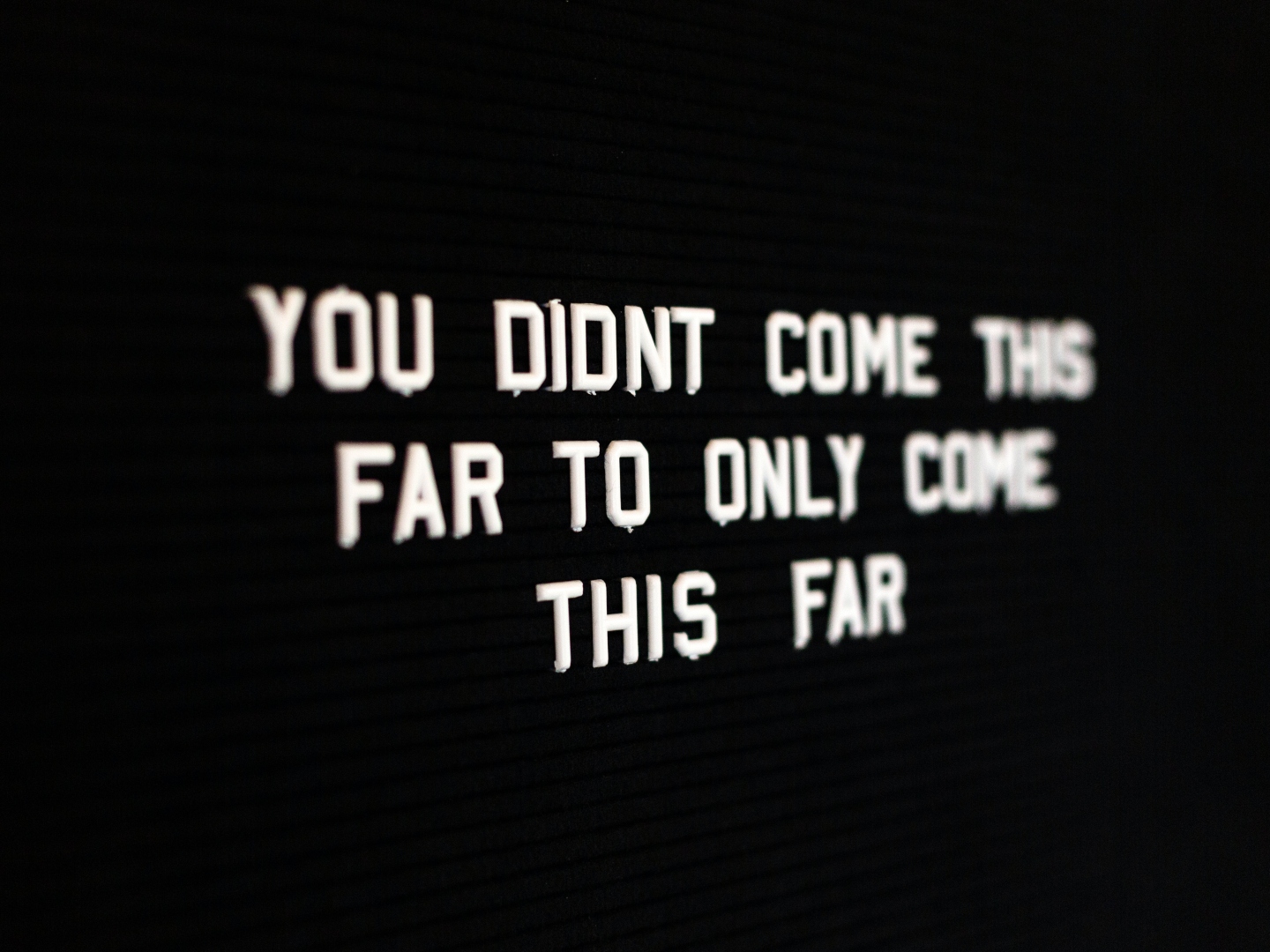
There are many ways to win a sale. Likewise, there are countless ways to lose. We are all aware that today’s competitive business environment often forces us to stand on the razor’s edge of profitability. What’s more, dwindling resources, supply chain issues and the challenges of team retention align to make winning the sale essential. If that weren’t enough, the pressure these forces put on our psychological health can be damaging long-term.
“I never lose. I either win or learn.” – Nelson Mandela
How you lose by winning the sale
Not every piece of business is good business. There are a lot of stinkers that we struggle to ingest that may be part of a bigger deal or will hopefully guarantee a brighter financial or relationship outcome. However, when we compete in price-selling or take on an unwieldy service contract, we set a bad example. Troy Harrison, author of “Sell Like you Mean It!,” writes that “bad business doesn’t get better.” He cautions that price-selling is a zero-sum game, and those willing to take the lowest profit do so at their peril.
They didn’t like you that much anyway
Harrison says that low price customers are unhappy customers. First, you’ve discounted the value of your product and reinforced the client’s negotiating strategy. Second, if the motive for going with you is low price, they will likely leave you for the same reason. Hence, winning the sale from low-bid customers will not win their loyalty. Consider, too, that rarely are low-price customers interested in establishing a relationship. Your investment of time and effort is better spent on high-profit customers who have an appreciation for your product or service.
When competition is not healthy
Aside from the profit-sucking aspects of competition, there are negative psychological and moral health implications as well. An overwhelming focus on beating the other guy is just as bad for you as it is for your business. Walter Kiechel, former editorial director for Harvard Business Publishing, says that if competing is a top priority, then we lose focus on our core business. Moreover, a rigorous concentration on “Who can we serve?” yields better results than motivation driven by “Who can we beat?”
Beware the downward spiral of self-criticism
Studies have shown that competition affects feelings of self-worth. For instance, when your value is defined by how well you’ve done or whom you’ve defeated, you are vulnerable to self-criticism. An article by educator Alfie Kohn makes a case against competition in that it causes anxiety and can be distracting from the primary goal of learning. Other findings reveal that highly competitive individuals are less empathetic and less generous. Consequently, they see others as adversaries and are unwilling to trust or accept those who are different. These feelings hinder cooperation and collaboration with others and can lead to anti-social behavior.
According to Kohn, incitements to beat the other guy too often lead to beating up ourselves. Similarly, when competitors get the better of us, we may turn inward to ask, "What is wrong with me?" The problem comes from that nasty inner voice repeating a refrain that lowers our self-worth and prevents us from winning the sale.
Focus on the customer, not the competition
When we concentrate too much on winning the sale, we lose focus on why the client is buying our product in the first place. When we narrow our focus on closing the deal, we forget to open discussions about how our product solves other problems for the customer. Recalling tangible benefits and points of agreement can deter further talk of price cutting or concessions that make winning the sale less attractive.
Photo by Drew Beamer on Unsplash
